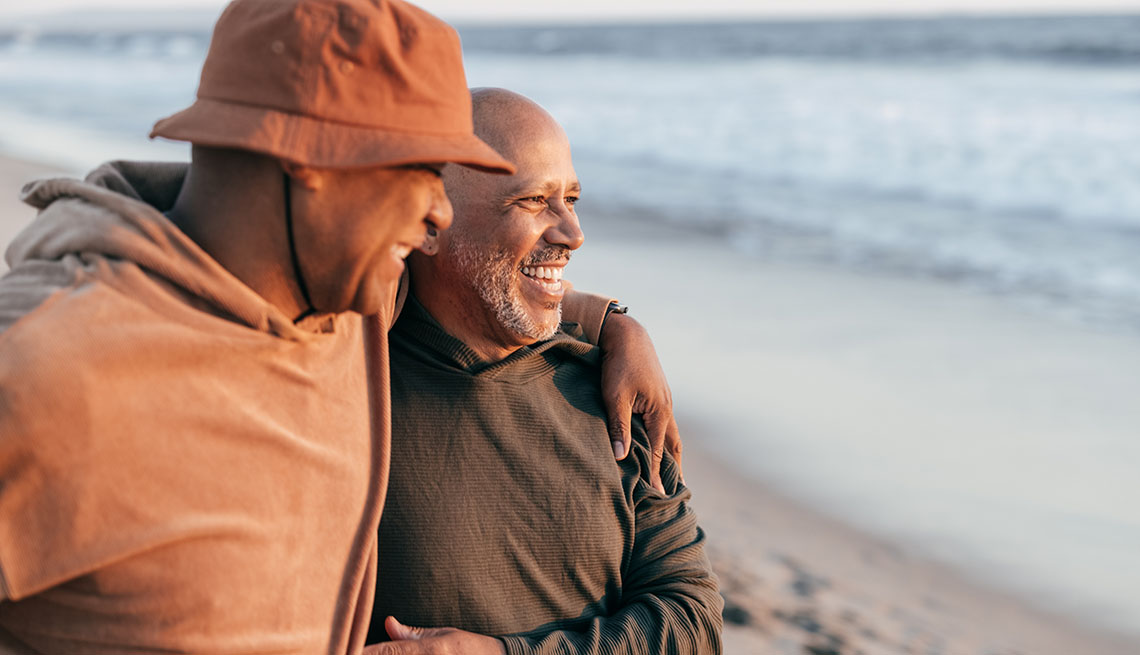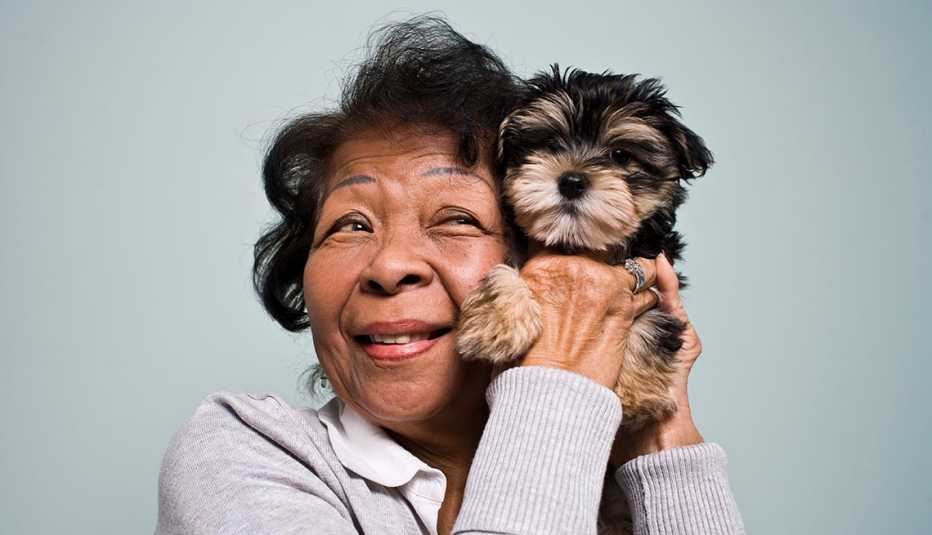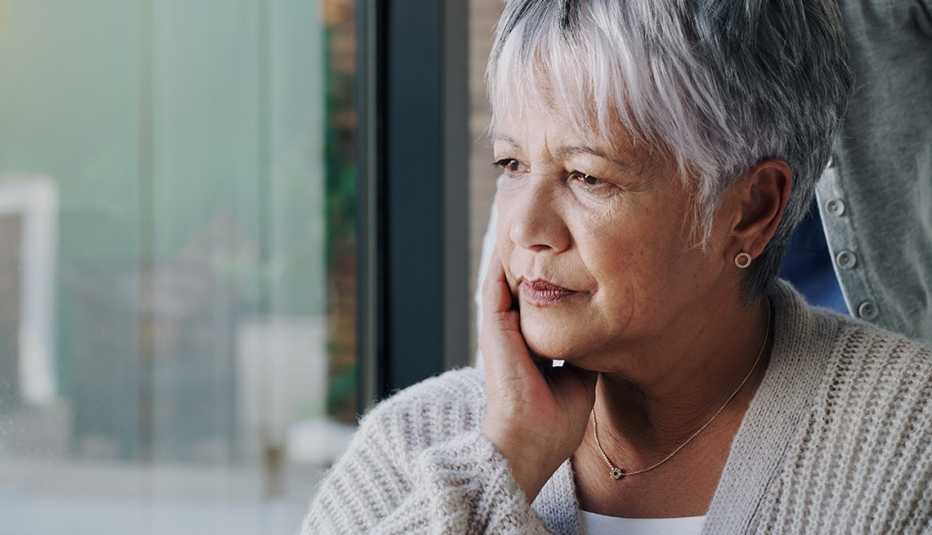Staying Fit
The pandemic has taken a toll on older adults, but a recent AARP survey finds it’s been especially hard on the LGBTQ+ community. While most LGBTQ+ adults 50+ rate their emotional and mental well-being as high, many acknowledge that it’s been hard to manage negative emotions over the past year. About half say they have days when they feel anxious, another third report insomnia and/or little interest or pleasure in doing activities they used to enjoy, and about 30 percent note that they’ve experienced moments of depression.


AARP Membership— $12 for your first year when you sign up for Automatic Renewal
Get instant access to members-only products and hundreds of discounts, a free second membership, and a subscription to AARP the Magazine.
This mirrors what mental health providers for the LGBTQ+ community say they’re seeing among their clients. “Prior to the pandemic, the call rate to our National Elder Hotline was 30 to 40 calls a month,” says Sherrill Wayland, director of special initiatives at SAGE: Advocacy & Services for LGBTQ+ Elders), a nonprofit advocacy group for LBGTQ+ elders. “Now we’re averaging 350.” Among their biggest concerns: anxiety, financial worries, lack of social support and housing insecurity.
The good news is that many older LGBTQ+ adults, like other AARP members surveyed, appear to be resilient. One in two rate both their emotional and mental health as high, and more than 60 percent are optimistic that they will get better at managing negative feelings over the next six months. But “it’s important that we not rely on resiliency, and make sure we have systems and programs in place to help older LGBTQ+ adults continue to manage some of these negative feelings, so that they can get through these tough times,” stresses Wayland, who has a master of social work degree.
Here’s a look at some of the most important AARP findings, as well as some helpful resources.
LGBTQ+ older adults worry about housing discrimination
The AARP survey found that 41 percent of LGBTQ+ people are at least somewhat concerned about having to hide their identity to access suitable housing as they age. “We’ve seen cases during the pandemic of older adults who were denied housing support for long-term care,” says Wayland. In one recent case in Maine, for example, a 79-year-old transgender woman named Marie King was denied residency at an assisted living facility after staff expressed discomfort with the fact that King would want to share a room with a female resident.



































































